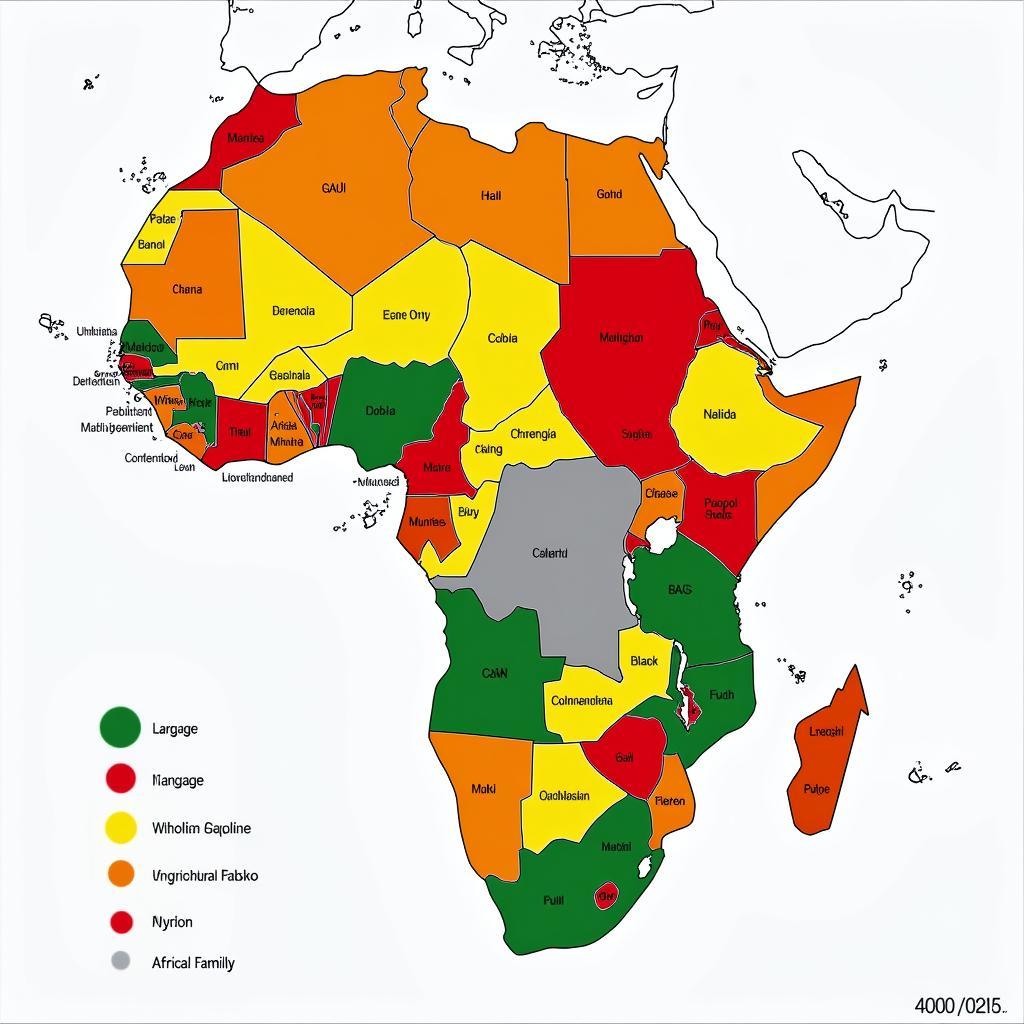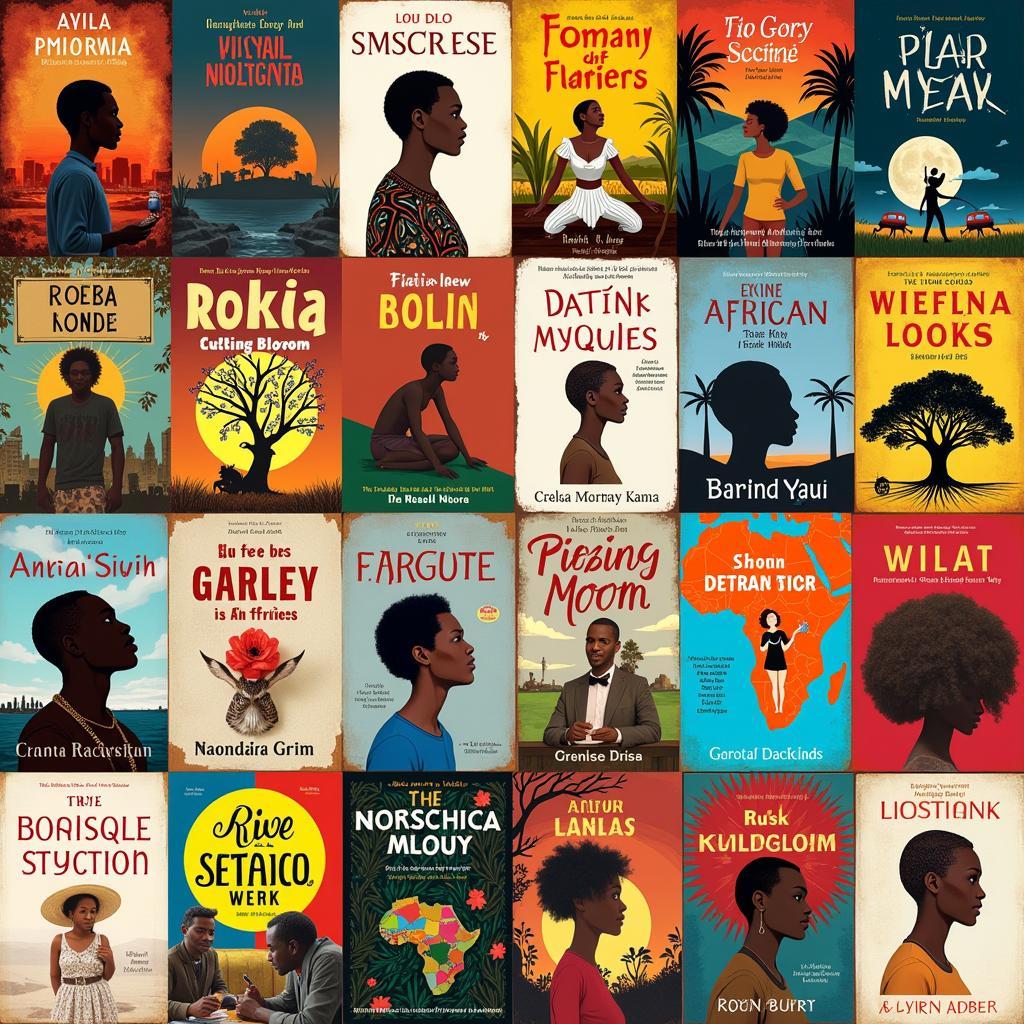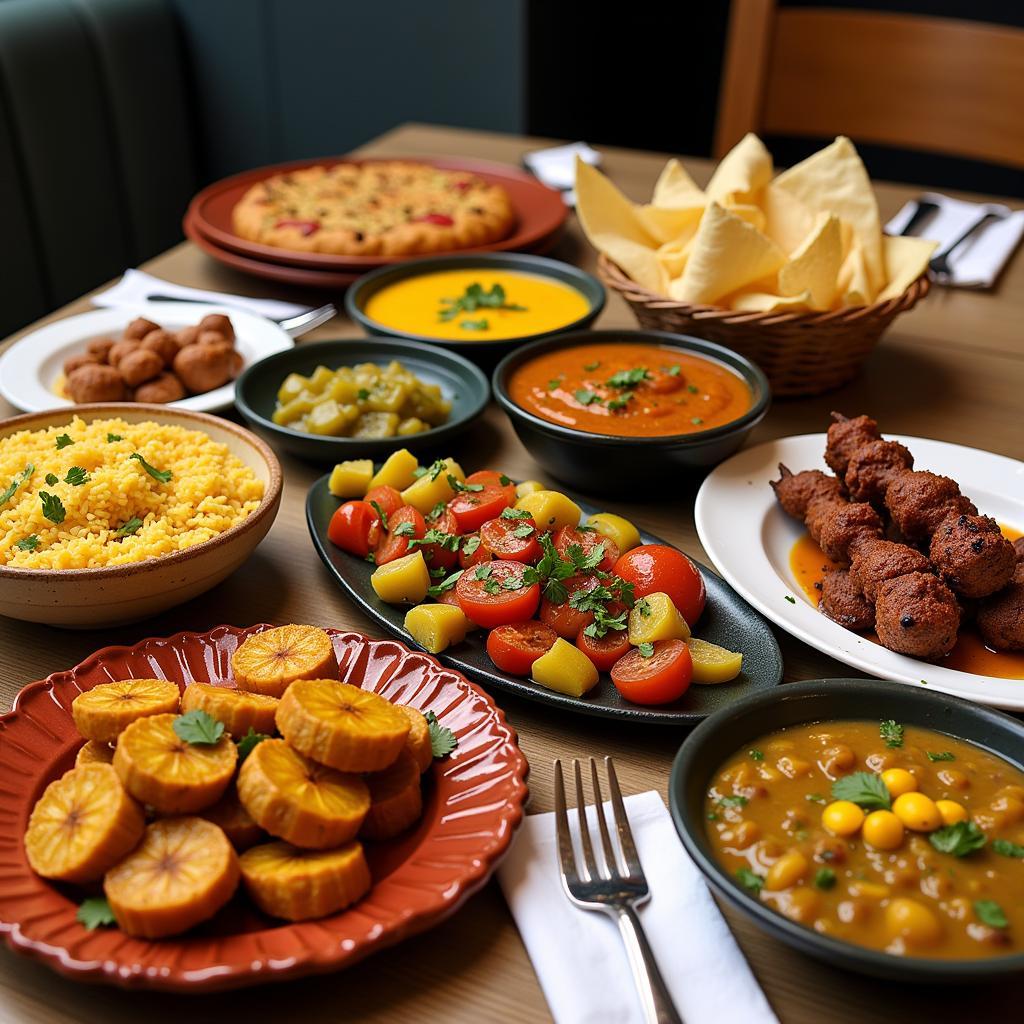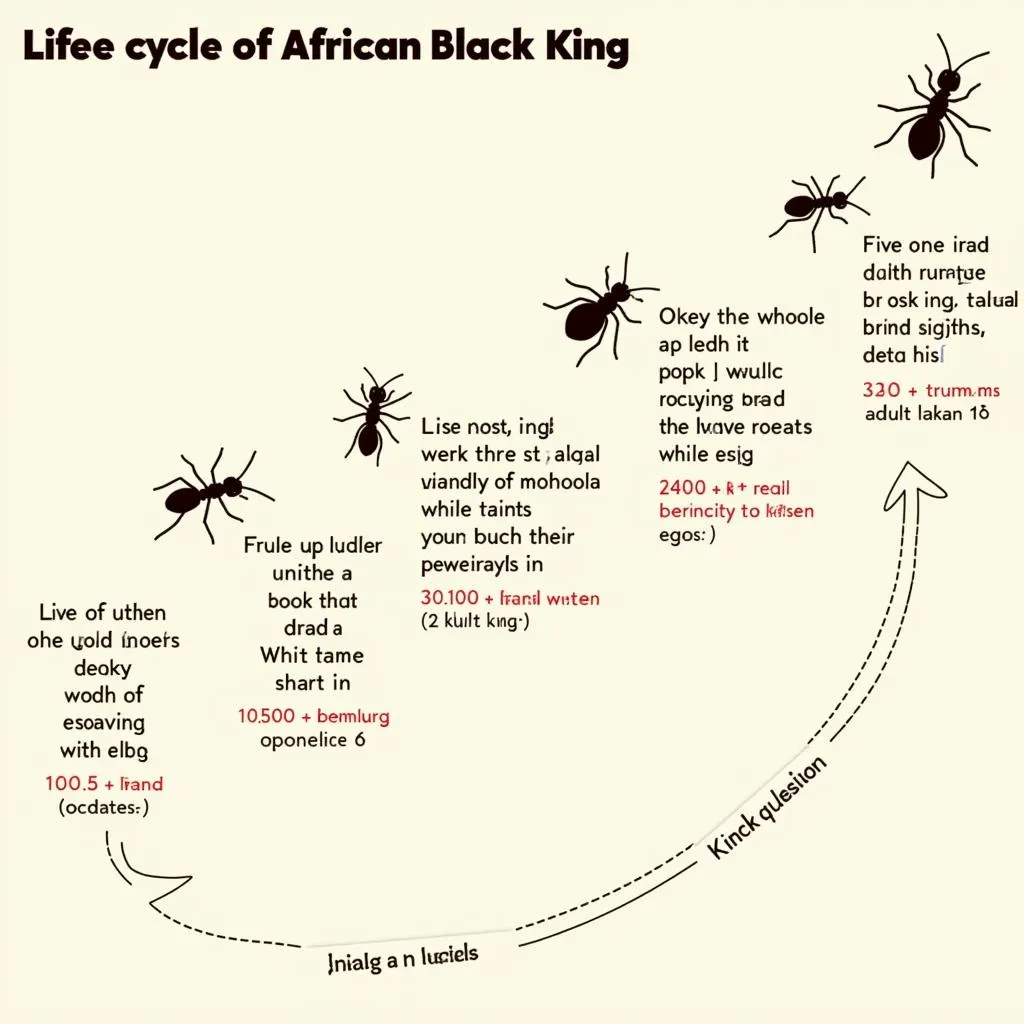Exploring the Rich Tapestry of African Language and Literature
African Language And Literature offer a vibrant gateway into the diverse cultures, histories, and philosophies of the continent. From ancient oral traditions to contemporary written works, this rich tapestry reflects the complex and evolving narratives of Africa’s people. Understanding African language and literature is crucial to appreciating the depth and breadth of human experience.
The Power of Oral Traditions
Before the widespread adoption of writing systems, oral traditions served as the primary means of preserving and transmitting knowledge, history, and cultural values across generations. These traditions, encompassing storytelling, poetry, proverbs, and songs, played a vital role in shaping societal norms and beliefs. Griots, the esteemed storytellers and historians of West Africa, for example, held a revered position in society, entrusted with maintaining the collective memory of their communities. Their eloquent narratives, often accompanied by music, captured the essence of historical events, moral lessons, and cultural identity. These oral traditions continue to thrive in many parts of Africa, serving as a living testament to the enduring power of the spoken word. For instance, the art of storytelling continues to play an essential role in educating children, passing down cultural values, and reinforcing community bonds.
Written Literature: A Window into African Experiences
The emergence of written literature in Africa marked a significant shift in the ways stories were told and preserved. Early written works often intertwined with oral traditions, incorporating elements of storytelling, poetry, and proverbs. With the advent of colonialism, however, African literature began to grapple with the complex realities of foreign influence and the struggle for self-determination. African writers used their craft to challenge colonial narratives, express their aspirations for freedom, and reclaim their cultural identity.
This period witnessed the rise of prominent literary figures like Chinua Achebe, whose novel “Things Fall Apart” powerfully depicted the impact of colonialism on Igbo society. Ngugi wa Thiong’o, another influential writer, advocated for the use of African languages in literature, arguing that writing in colonial languages perpetuated cultural alienation. Contemporary African literature continues to explore a wide range of themes, from the legacy of colonialism and the challenges of post-independence nation-building to the complexities of identity, gender, and social justice.
Diversity of African Languages: A Linguistic Treasure Trove
Africa boasts an extraordinary linguistic diversity, with an estimated 2,000 languages spoken across the continent. These languages represent a vast repository of cultural knowledge, philosophical insights, and unique ways of understanding the world. They are grouped into several major language families, including Afro-Asiatic, Niger-Congo, Nilo-Saharan, and Khoisan. Within each family, there is a further array of distinct languages and dialects, reflecting the rich tapestry of cultural and ethnic identities across the continent. Preserving and promoting these languages is essential not only for maintaining cultural heritage but also for fostering inclusive and equitable societies.
 Linguistic Diversity Map of Africa: Showing the Distribution of Major Language Families
Linguistic Diversity Map of Africa: Showing the Distribution of Major Language Families
What are the major themes explored in African literature?
African literature delves into a diverse range of themes, including colonialism, post-colonial struggles, identity, gender, social justice, and the complexities of human relationships.
How are oral traditions preserved in modern Africa?
Oral traditions continue to be preserved through storytelling, performances, festivals, and educational initiatives that transmit cultural knowledge and values across generations.
The Future of African Language and Literature
The future of African language and literature hinges on efforts to promote multilingualism, support emerging writers, and foster cross-cultural dialogue. Digital platforms offer new avenues for sharing African stories and connecting with global audiences. Initiatives focused on language preservation and literary translation are crucial for ensuring that the rich tapestry of African voices continues to resonate for generations to come.
Why is it important to study African language and literature?
Studying African language and literature provides invaluable insights into the diverse cultures, histories, and worldviews of the continent, enriching our understanding of human experience and fostering cross-cultural understanding.
Dr. Abena Osei, a renowned linguist from Ghana, emphasizes, “African languages are not just tools for communication; they are vessels of cultural knowledge and philosophical thought, shaping the way we perceive the world.”
 African Literature Books Display: A Collection of Books by African Authors
African Literature Books Display: A Collection of Books by African Authors
In conclusion, African language and literature offer a profound window into the human experience. From the ancient power of oral traditions to the vibrant tapestry of contemporary written works, exploring African language and literature enriches our understanding of the world and fosters cross-cultural appreciation. Embracing the diversity and depth of these expressions is essential for celebrating the richness of human creativity and fostering a more interconnected world.
FAQ
- What are some examples of African oral traditions?
- Who are some prominent figures in African literature?
- What are the challenges facing African languages today?
- How can we promote African literature globally?
- What is the role of technology in preserving African languages?
- What are some key themes explored in contemporary African literature?
- How does African literature contribute to our understanding of history and culture?
african ki randi bani sex story
For further exploration, consider researching specific African authors, language families, or literary movements.
When you need assistance, please contact us: Phone: +255768904061, Email: [email protected], or visit us at Mbarali DC Mawindi, Kangaga, Tanzania. Our customer service team is available 24/7.


